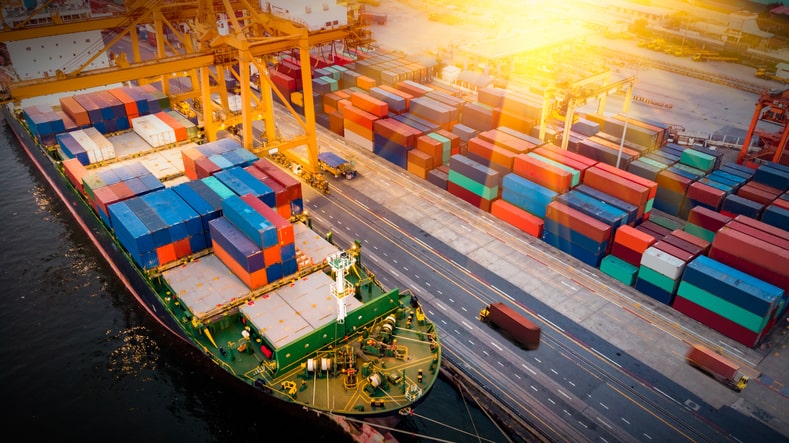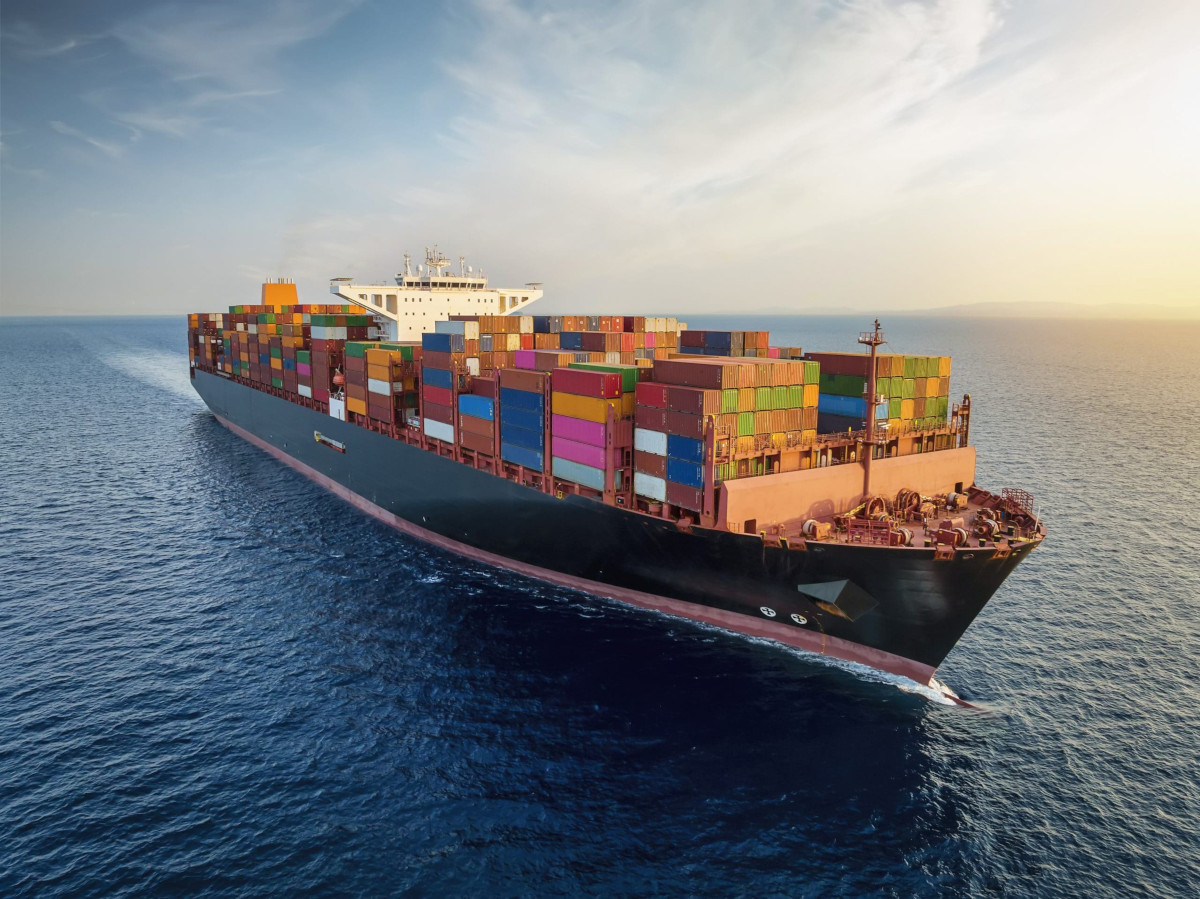Linde AG used incorrect Harmonized Tariff Schedule (HTS) codes and failed to declare “assists” on steel products imported from China
The German firm Linde AG has agreed to pay $22.2 million to resolve allegations it knowingly dodged U.S. customs duties on imports of steel components from China. The qui tam whistleblower who exposed the fraud—the company’s former logistics coordinator—will receive a whistleblower award (or “relator’s share”) of $3.7 million under the False Claims Act.
Evasion of Antidumping and Countervailing Duties (AD/CVD)
There are three major types of customs fraud—(i) country-of-origin labeling fraud, the goal of which is typically to evade antidumping or countervailing duties or US-China trade war tariffs, (ii) undervaluation fraud, which usually entails the submission of false invoices to misrepresent customs value, and (iii) misclassification fraud, i.e., the deliberate use of incorrect Harmonized Tariff Schedule (HTS) codes to reduce the applicable duty rate. If you are a potential customs whistleblower, it is important to speak with an experienced whistleblower lawyer like Mark A. Strauss to review the details of and potential legal theories for your matter.
The Linde case involved the latter two types of import duty fraud—undervaluation and misclassification. The whistleblower complaint alleged that Linde, an industrial engineering firm involved in constructing natural gas and chemical plants, claimed on its custom forms that it was importing pipes and fittings manufactured of stainless steel and components for metal tanks which were assembled. In fact, the pipes and fittings were carbon steel, not stainless, and the tank components were unassembled. Based on these incorrect classifications, Linde used improper HTS codes and avoided antidumping and countervailing (AD/CVD) duties which otherwise applied. The U.S. Department of Commerce imposes AD/CVD duties on imports it determines are being sold at unfair prices because of subsidies provided to foreign companies by their governments. The goal of AD/CVD duties is to “level the playing field” for U.S. companies injured by such unfair trade practices. Here, the imports at issue came from China.
Linde also allegedly failed to declare “assists” which it had provided in connection with the imports on the forms it filed with U.S. Customs. “Assists” are goods or services that a buyer of goods provides to the manufacturer. They include, for example, tools, dies, or molds used in the manufacturing process. They also include parts, components, raw materials, or other items incorporated by the manufacturer into the finished product. Assists must be declared to US. Customs and included in the dutiable value of the imports. Here, Linde supplied its manufacturers with assists in the form of engineering designs, raw materials, and components, yet knowingly omitted them from its customs declarations, according to the whistleblower complaint.
Allegations of Knowing, Deliberate Conduct
Notably, the False Claims Act requires evidence not only that the defendant overcharged or underpaid the government, but also that it did so “knowingly”—not merely because of an innocent mistake. Under the statute, a person “knows” a claim or statement is false if he or she (i) had “actual knowledge” of the falsity of the information; (ii) acted in “deliberate ignorance” of the truth or falsity of the information; or (iii) acted in “reckless disregard” of the truth or falsity of the information.
Here, the whistleblower alleged that Linde actually knew that it was underpaying its customs duties. A member of Linde’s senior management allegedly even explicitly told his colleagues about the scheme and bragged about how much money the company was saving. The customs whistleblower also alleged that she repeatedly warned her superiors that the import duty evasion was illegal and should end. They, however, ignored her warnings, insisting instead that if caught or audited by U.S. Customs, they could easily chalk the discrepancies up to innocent mistakes.
American Suppliers Harmed by Loss of Business
Qui tam whistleblower lawsuits have emerged as a powerful means of fighting customs fraud. U.S. Customs can inspect only a small fraction of shipments arriving at American ports. Customs fraud is believed to be rampant and to go mainly undetected. False Claims Act recoveries like that in Linde are possible only where corporate insiders—parties with firsthand information and insight about the fraudulent practices in question—with come forward and file qui tam whistleblower lawsuits.
Significantly, the Justice Department has expressed a strong interest in the enforcement of customs laws and tariffs to ensure a “level playing field” for U.S. businesses. U.S. prosecutors have intervened in and assumed the prosecution of a significant number of customs qui tam lawsuits. Increasingly, U.S. companies are finding it difficult to compete against business rivals and competitors cheating on their customs duties and are turning to the False Claims Act to remedy this unfair competition.
As is typical in customs fraud cases, Linde’s misconduct allegedly resulted in a loss of business by prospective American suppliers. Linde solicited and received extremely competitive bids from firms based in the United States. In fact, those bids were so low that purchasing the goods from the manufacturers in China instead only made economic sense after accounting for the expected savings from the customs fraud, according to the whistleblower’s complaint.
Whistleblower Lawsuits under the False Claims Act
Originally enacted during the Civil War to combat fraud by suppliers of the Union Army, the False Claims Act imposes substantial liability on parties that knowingly overcharge or underpay federal agencies. The whistleblower provisions of the False Claims Act permit private individuals to sue on behalf of the government for false claims and to share in any recovery. Under the statute, whistleblowers (referred to as qui tam “relators”) receive whistleblower awards of 15-30%. For fiscal year 2019, the government reported that settlements and judgments in False Claims Act suits topped $3 billion. Over $2.1 billion of that amount came from whistleblower lawsuits filed under the False Claims Act’s qui tam provisions.
Speak to an Experienced Whistleblower Lawyer
If you have information about customs fraud or other fraud against the government or government-sponsored programs, reach out for a free and confidential consultation with experienced whistleblower lawyer Mark A. Strauss.





